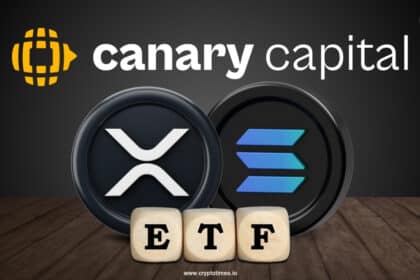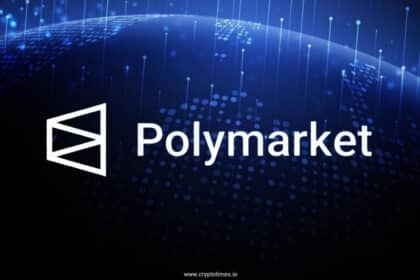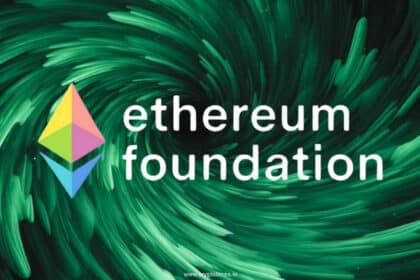Venture capital firm Andreessen Horowitz (a16z) warned of possible loopholes in the crypto regulation bill that is in draft status and asked lawmakers to amend the proposed framework in the US. In an open letter addressed to the US Senate Banking Committee, a16z had cautioned that the draft, as it stood, would weaken investor protection and generate unintentional risks to the crypto marketplace.
The draft legislation was published at the end of July 2025, on the basis of the CLARITY Act, and it was meant to collect comments on digital asset regulation. A16z in particular objected to the term ancillary assets, by which issuers mean tokens that are marketed as investment contracts but do not grant the holders access to equity, dividends, and governance rights. The company said the bill shouldn’t include it and that the definition shouldn’t be the basis for the legislation without major changes.
The open letter also pointed out issues with the overall regulatory system, saying that the way the bill follows up on previous rules doesn’t match the Howey Test, which is a legal way to decide if a transaction is considered a security. Additionally, the company suggested adopting a narrower framework for digital commodities as defined in the CLARITY Act, which it believes would provide better regulation and greater certainty for market participants.
A16z highlighted that altering this quintessential test may compromise investor safeguards and create legal confusion, undermining the integrity of US securities regulations.
Furthermore, a16z identified a loophole that emerged from the enforcement of both securities and commodity regulations on crypto transactions. A16z The loophole would allow insiders to dispose of ancillary assets without needing to comply with securities laws before privately selling them in the open market.
To close this gap, a16z proposed requiring crypto projects to achieve decentralization by eliminating any control mechanisms, which would make the assets more like commodities.
The firm also advised regulators to adopt a control-based decentralization framework to assess ancillary assets’ risk profile. This framework, according to a16z, would focus on whether any party retains operational or governance control over a blockchain system.
Devin Finzer, the founder of OpenSea, pointed out that the regulation of crypto would lead to a dead end, and legislating protection for the vital crypto infrastructure, like consensus algorithms and smart contracts, would be a better solution to keep it out of overregulation under the guise of money-related regulations.
Also Read: U.S. Targets Huione Group Over Billions in Crypto Laundering











